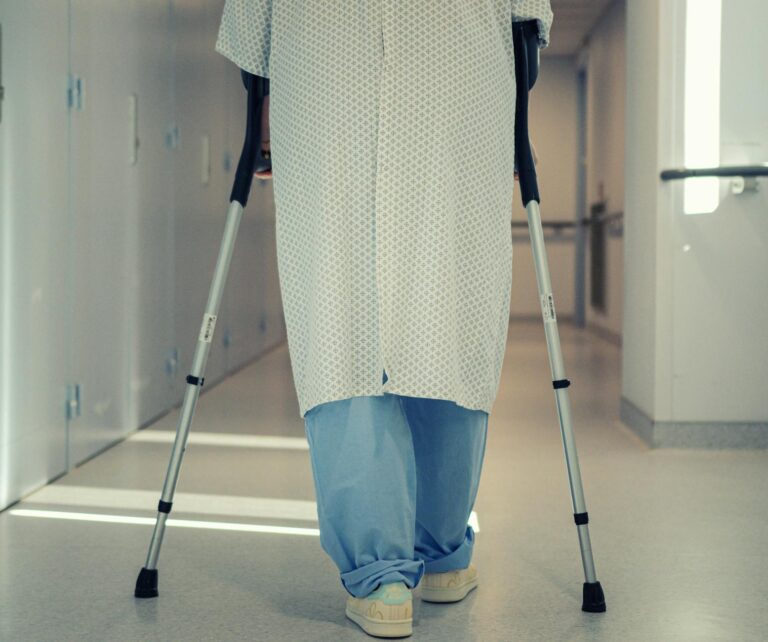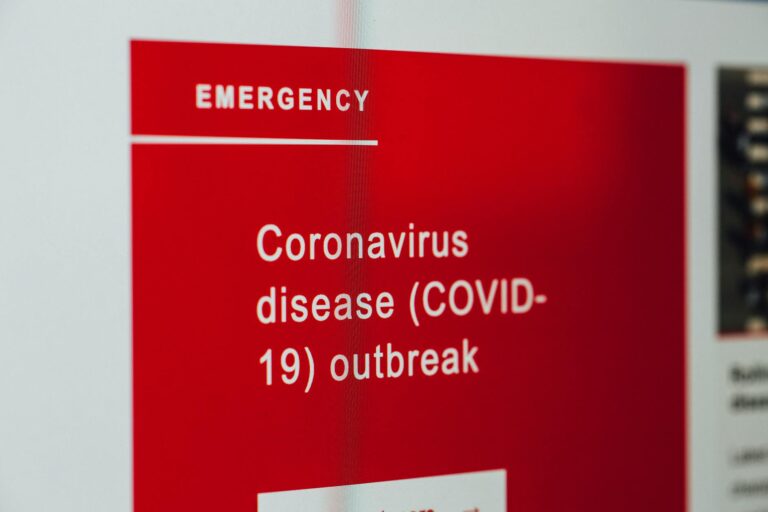disease
Alzheimer’s disease is a progressive neurodegenerative disorder that affects millions of people worldwide. It is the most common cause of dementia, accounting for approximately 60-80% of all cases. The disease is named after Dr. Alois Alzheimer, who first described it in 1906. Alzheimer’s disease is characterized by memory loss, cognitive decline, and changes in behavior and personality. While there is no cure for Alzheimer’s disease, understanding its different stages can help individuals and their families prepare and manage the symptoms.
Early Stage
The early stage of Alzheimer’s disease is often overlooked as natural signs of aging. However, it is crucial to recognize the early signs of the disease as early intervention can help slow down its progression. In this stage, individuals may experience mild memory loss, such as forgetting recent events or conversations. They may also have difficulty with planning and organizing tasks, finding the right words, and making decisions. It is common for individuals in the early stage of Alzheimer’s to feel frustrated, anxious, or overwhelmed by these changes.
Mild Cognitive Impairment (MCI)
Mild Cognitive Impairment (MCI) is often considered a transitional stage between normal aging and Alzheimer’s disease. Not everyone with MCI will develop Alzheimer’s, but studies show that people with MCI have a higher risk of developing the disease. In this stage, individuals may experience more significant memory loss and have difficulty with daily tasks. They may also have trouble finding the right words and remembering names and faces. However, they can still function independently and may not require assistance with daily activities.
Moderate Stage
The moderate stage of Alzheimer’s disease is when symptoms become more pronounced and noticeable. At this point, individuals may start to struggle with routine tasks, such as dressing or bathing themselves. They may also have difficulty recognizing familiar people and places. In this stage, individuals may withdraw from social activities and become increasingly dependent on their caregivers. Mood swings, confusion, and repetitive behaviors are also common in the moderate stage of Alzheimer’s.
Severe Stage
The severe stage of Alzheimer’s disease is the final and most debilitating stage. At this point, individuals may lose the ability to communicate and become completely dependent on their caregivers for all their needs. They may also experience significant changes in behavior, such as agitation, aggression, and wandering. In this stage, individuals may also have difficulty swallowing, leading to weight loss and malnutrition. As the brain continues to deteriorate, individuals may become bedridden and require round-the-clock care.
End-Stage
The end-stage of Alzheimer’s disease is when the individual is in the final days or weeks of their life. They may become unresponsive and have minimal or no awareness of their surroundings. In this stage, individuals are vulnerable to infections such as pneumonia, which can be life-threatening. It is crucial to have a supportive and comfortable environment for individuals in the end-stage of Alzheimer’s disease.
Managing Alzheimer’s Disease
While there is no cure for Alzheimer’s disease, there are ways to manage the symptoms and improve quality of life for individuals and their families. Treatment options include medication to improve cognitive function and manage behavioral changes. Non-pharmacological interventions, such as music therapy, art therapy, and aromatherapy, can also help improve mood and reduce agitation.
It is also essential for caregivers to create a safe and supportive environment for individuals with Alzheimer’s disease. This includes setting up a routine, minimizing distractions, and keeping the environment familiar. Caregivers should also prioritize self-care and seek support from family, friends, or support groups.
In conclusion, Alzheimer’s disease is a progressive disorder that affects individuals in different stages. While there is currently no cure for the disease, understanding its different stages can help individuals and their caregivers plan and manage the symptoms. It is crucial to seek medical help if you or a loved one is showing signs of Alzheimer’s disease, as early intervention can help slow down its progression. With proper care and support, individuals with Alzheimer’s disease can maintain their dignity and quality of life.





